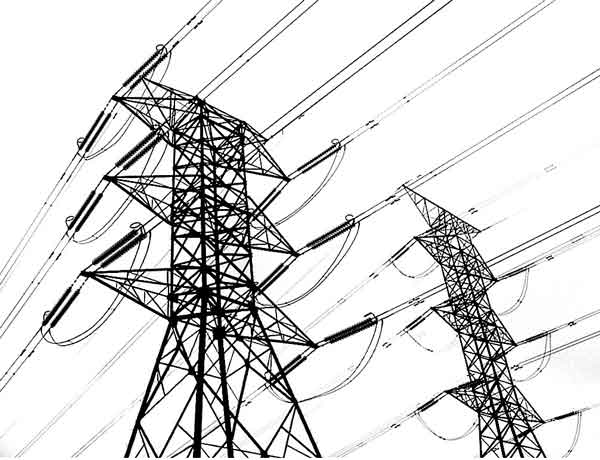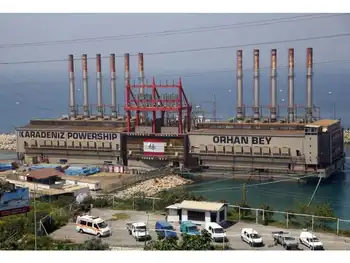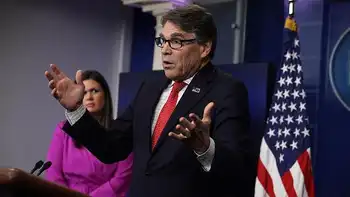Tokyo threatens to withhold Tepco aid
In the clearest indication of the governmentÂ’s intentions to date, Yukio Edano, the minister responsible for energy policy, told TepcoÂ’s president that the company would have to cede ownership to the state in return for enough new capital to ward off insolvency.
The ultimatum came as Tepco widened its forecast net loss for the fiscal year ending in March, from Y600bn to Y690bn. The company faces mammoth clean-up and compensation costs and lost Y1.25tn last year.
Although Tepco and the government agreed on the outlines of a rescue last month, they have remained at odds over the extent of the shareholder voting rights to be attached to the governmentÂ’s capital injection, according to people close to the situation.
It would be the first time the state has injected equity into Tepco since the nuclear accident at Fukushima following the earthquake and tsunami in Japan last March.
TepcoÂ’s market value has shrunk by about 90 per cent since then, and the proposed investment would give the government a roughly two-thirds stake in the company. But Tepco executives are said to want to limit the stateÂ’s control to less than 50 per cent by issuing it a mix of regular and non-voting preference shares.
Although Tepco needs the money to avoid insolvency, its huge size gives it leverage in negotiations, as the collapse of the electricity provider, which has a near-monopoly in the Tokyo area, could have potentially disastrous consequences.
Taxpayers have already helped Tepco cover the cost of compensating Fukushima residents and cleaning up the area, an amount estimated to be Y4.7tn but which is likely to rise. Tepco is meant to repay those costs over time – another reason the government is unwilling to let it fail.
Tepco is planning to include a formal request for capital in a business plan that it must submit to the government by the end of its fiscal year next month. In a public meeting on Monday with Toshio Nishizawa, Tepco president, Mr Edano said, “I have absolutely no intention of approving a business plan that contains a request for capital without offering commensurate voting rights.”
The governmentÂ’s cash injection is to be matched by a roughly equal amount of loans from TepcoÂ’s private and public sector banks, according to people involved. They are offering to provide the additional financing, at relatively low rates, in exchange for not having to write off any of TepcoÂ’s outstanding Y7.8tn debt.
Mr Edano told the Financial Times last month that the government aimed to carry out broad reform of JapanÂ’s electricity sector, which is dominated by regional monopolies. That goal would be easier to achieve if the state owned the countryÂ’s largest power provider.
“Without a structure that includes a certain amount of competition, there can be no revival,” said Mr Edano, adding that nationalising all nuclear plants might also be an option.
Related News

Global use of coal-fired electricity set for biggest fall this year
LONDON - The world’s use of coal-fired electricity is on track for its biggest annual fall on record this year after more than four decades of near-uninterrupted growth that has stoked the global climate crisis.
Data shows that coal-fired electricity is expected to fall by 3% in 2019, or more than the combined coal generation in Germany, Spain and the UK last year and could help stall the world’s rising carbon emissions this year.
The steepest global slump on record is likely to emerge in 2019 as India’s reliance on coal power falls for the first time in at least three decades…





